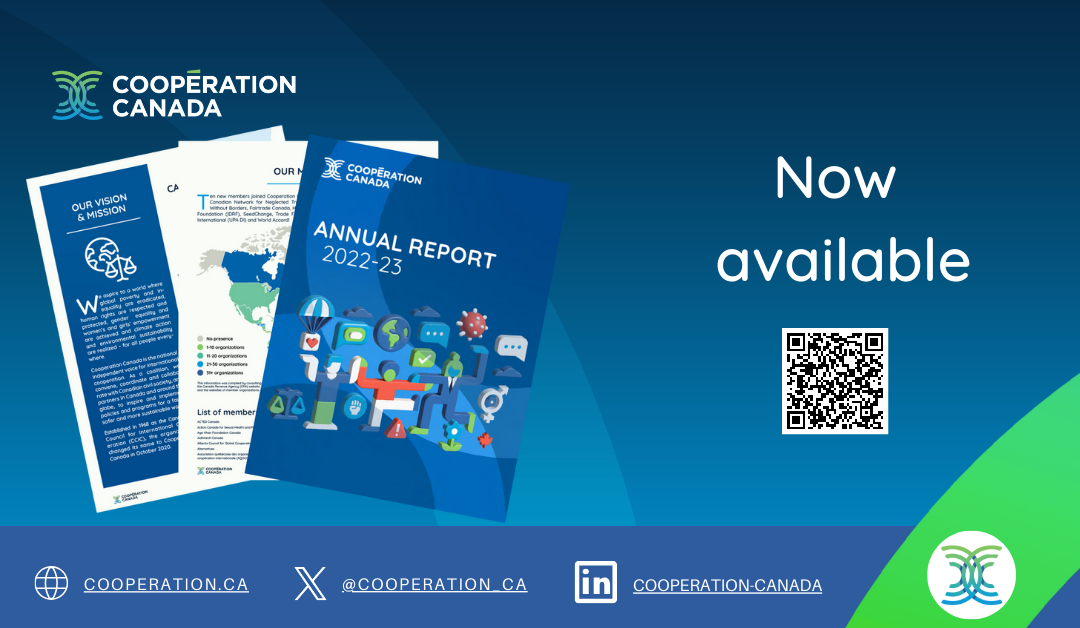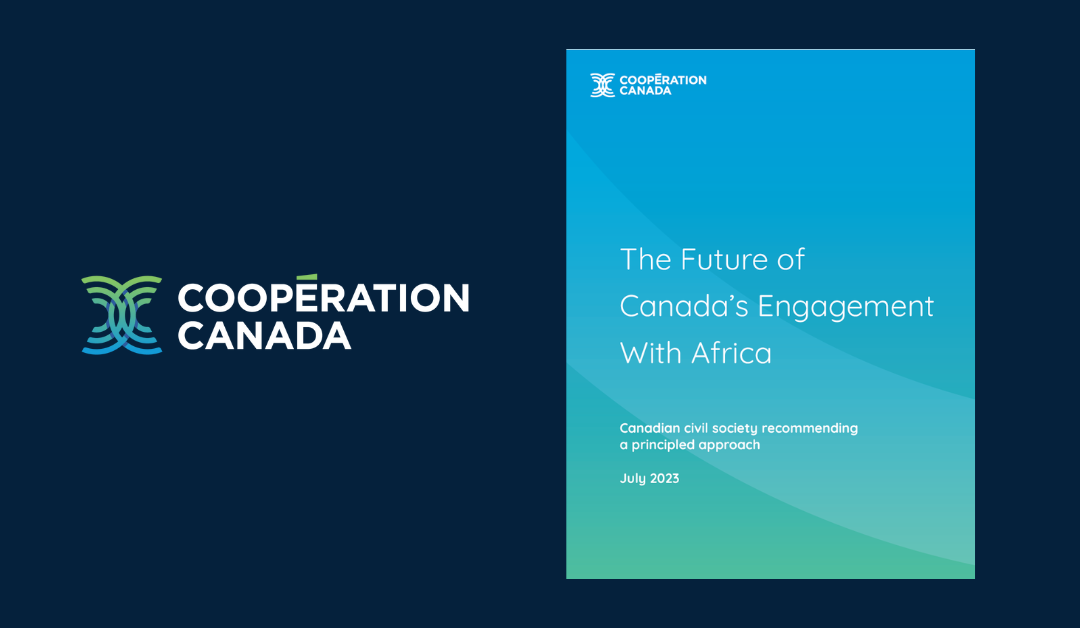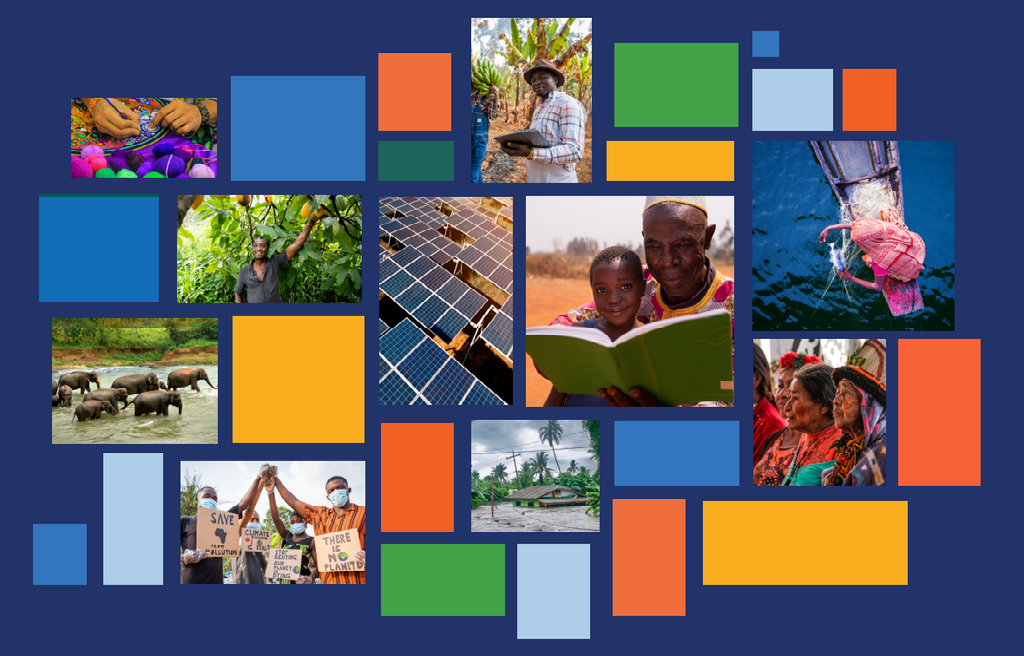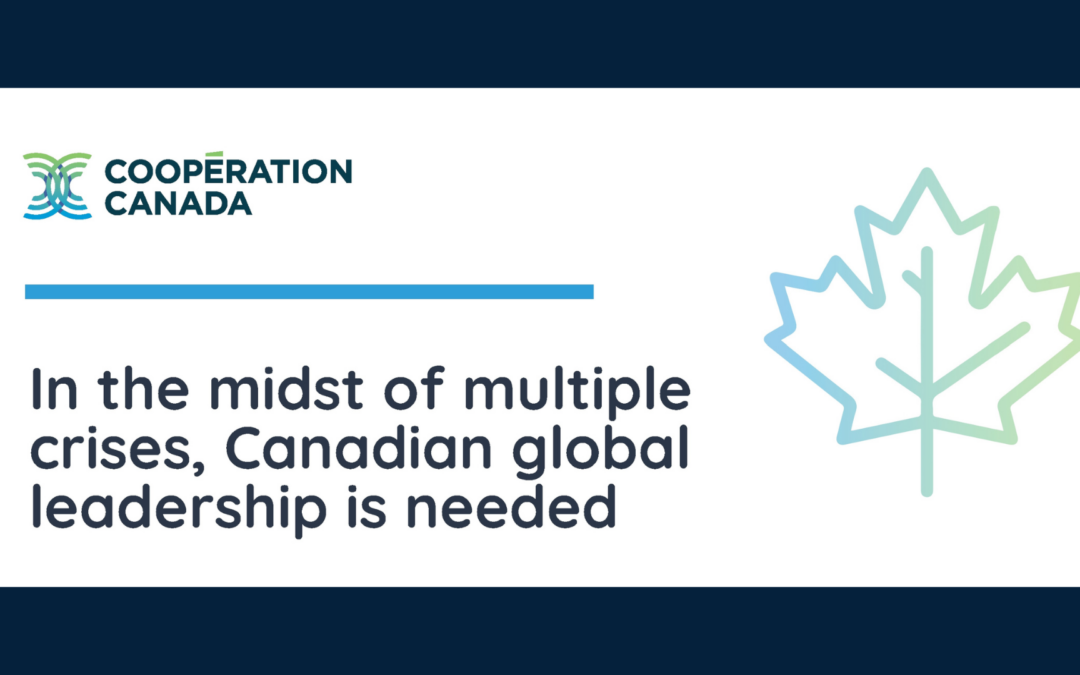Canada’s charitable organizations are regulated by the Canada Revenue Agency (CRA) guidance CG-002, dubbed ‘direction and control’ emanating from the Income Tax Act (ITA). Following amendments to those provisions introduced in the 2022 Federal Budget, the CRA revised the guidance outlining how registered charities can make “qualifying disbursements” to non-qualified donees (NQDs) and invited stakeholders to comment on the draft guidance between November 2022 and January 2023. In its submission to the CRA, Cooperation Canada appreciates the efforts made to address sector’s concerns about the Direction & Control approach, yet stresses that the guidance over emphasizes risk and imposes onerous requirements for charities.
Cooperation Canada highlighted sections of the draft guidance that require significant revision, such as those on risk assessment, accountability tools, and pooled funding. The risk assessment framework is particularly problematic for organizations working internationally. The guidance does not specify the risk that the CRA tries to minimize but uses language that closely resembles that used in risk mitigation measures for terrorism financing. By requiring charities to assess the level of risk at the outset of the grant, the guidance may discourage charities from partnering with young or small organizations.
Among the sections that need further clarification, Cooperation Canada recommends that CRA examines the clauses on directed giving and security concerns. Finally, the submission notes that the guidance is missing some important definitions. Several of these points have also been raised by others in the charitable sector.
For other opinions on the subject:
The charitable sector has long been demanding more fairness, equity, and equality of opportunity. The draft guidance unfortunately contains potential pitfalls, which may have the unintended effect of perpetuating direction and control practices, despite the sector’s quasi unanimous distaste for that paternalistic concept. A true alternative should entrench a culture of ethical relationships and respectful collaboration in the regime governing the activities of charities alongside partner organizations in Canada and abroad.







